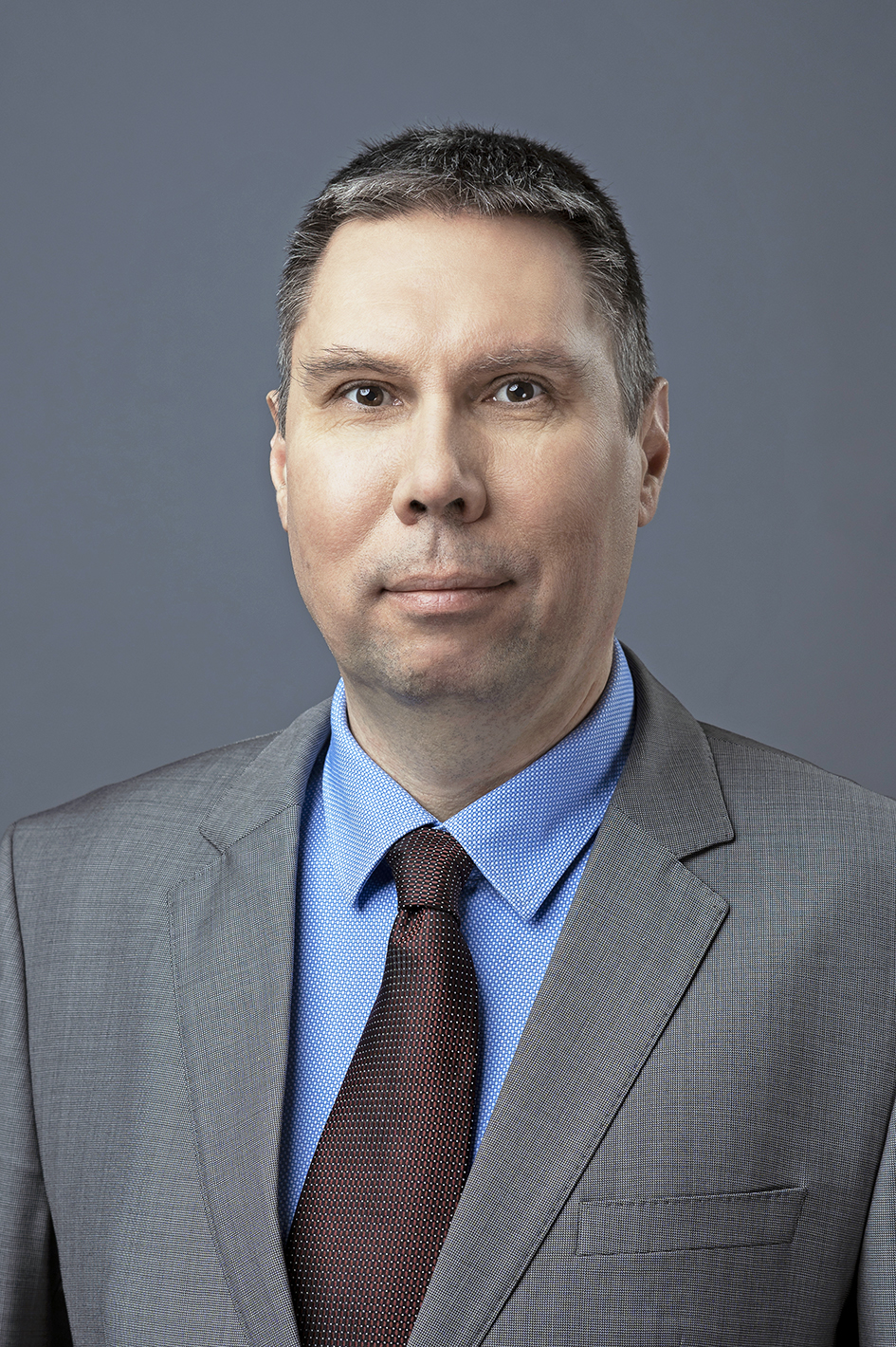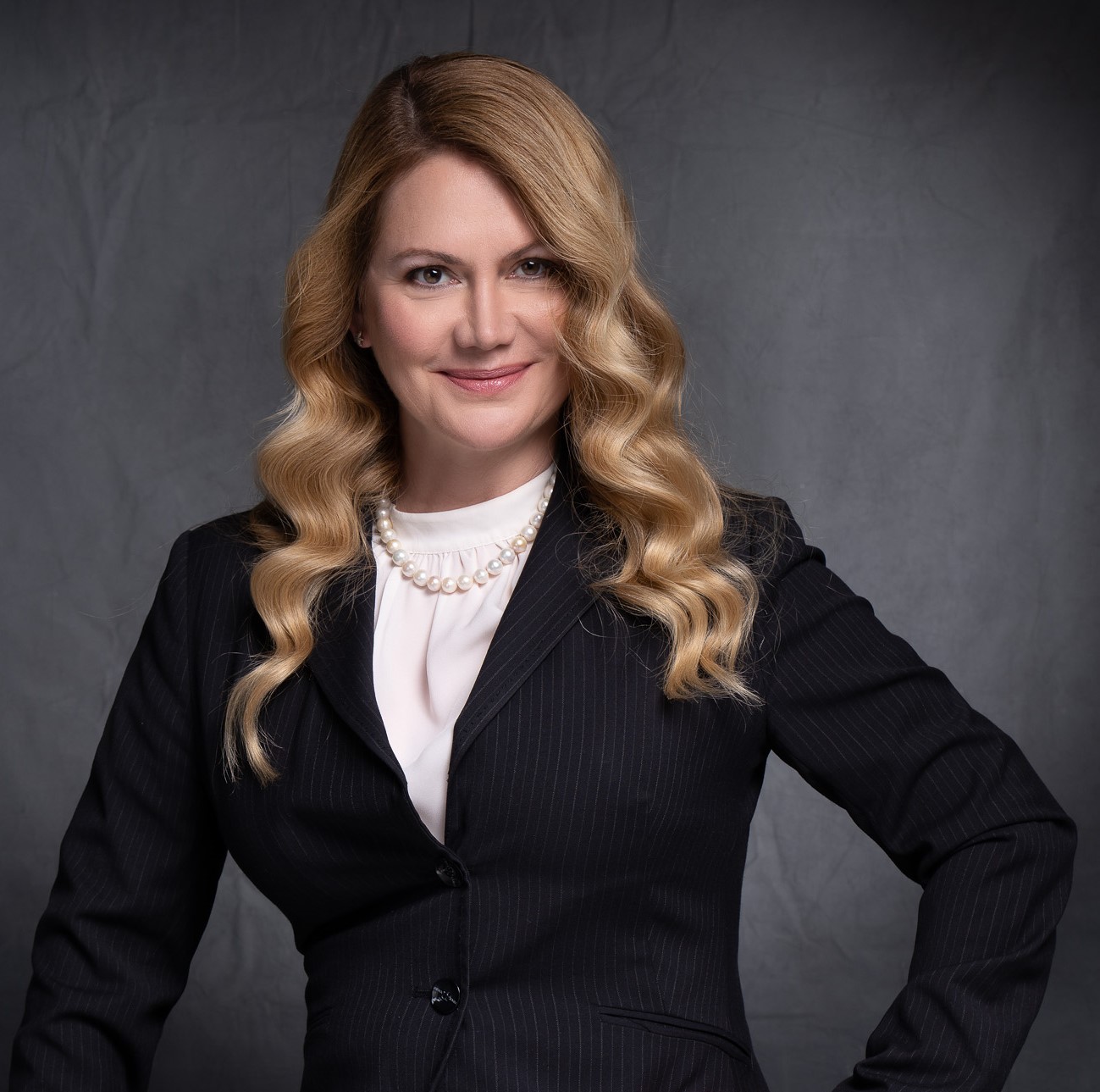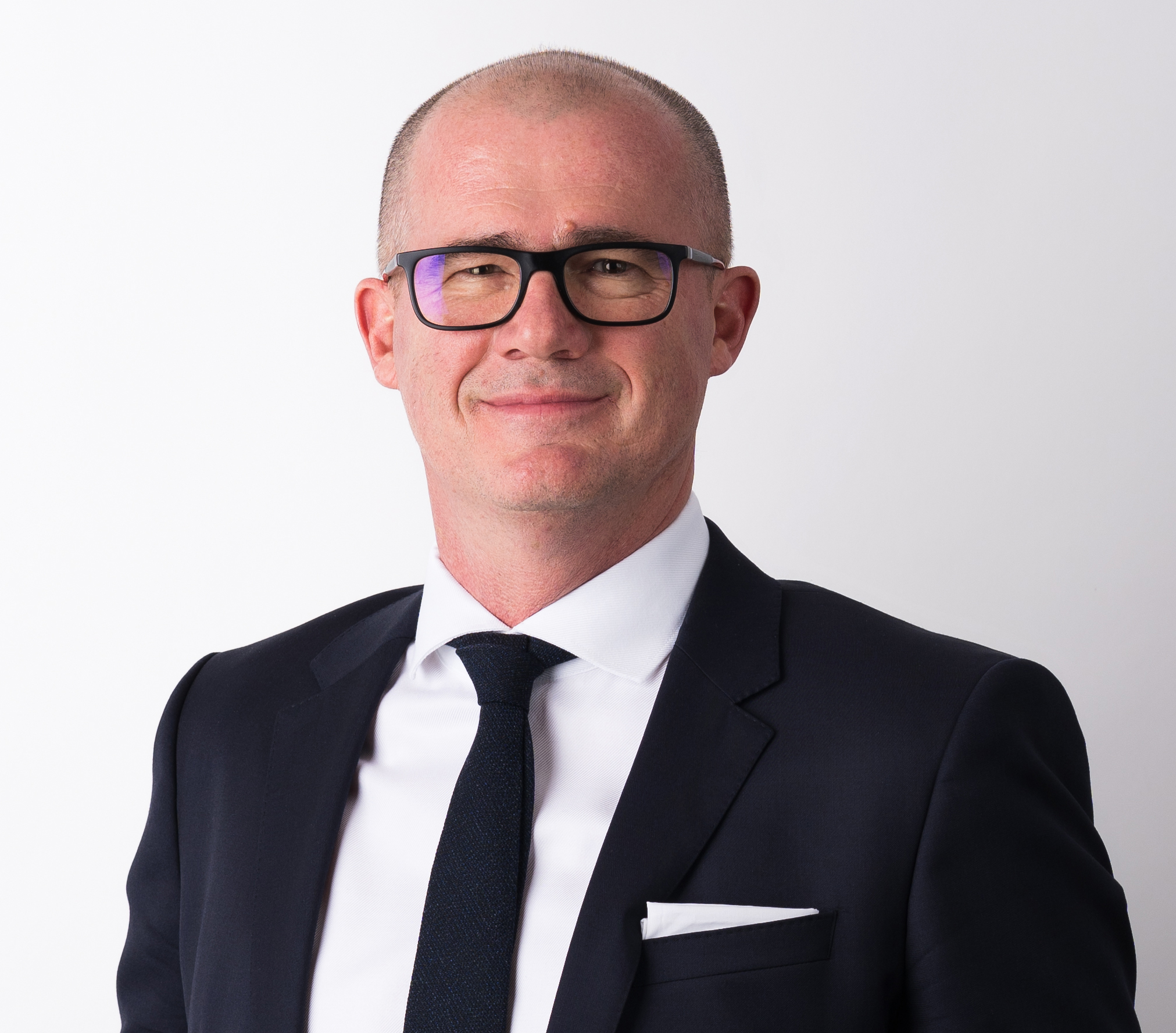ESG, Among Others, an ‘Increasingly Important’ Field for International Law Firms

Photo by r.classen / Shutterstock.com
Some of Hungary’s leading legal minds give us their take on the country’s evolving market, including significant growth areas (with ESG to the fore), the level of business-friendly legislation, and the law-making process itself.
BBJ: How would you describe Hungary’s legal market today? Is it stable? Might we see consolidation or new entrants?
Erika Papp: It is currently stable, with a strong presence of national and international firms. The recent merger of Noerr and Kinstellar indicates a trend toward consolidation and the need to leverage global networks. Like any major merger, its success will only be visible after a few years of operation.
András Posztl: We are celebrating our 35th anniversary in Hungary, including 20 years as DLA Piper. During these decades, we have seen a robust market consolidation, resulting in fewer large international firms staying here and the blossoming of smaller boutiques formed by talented lawyers with a global orientation. I expect this trend to continue, probably at a greater pace. Disruptive forces such as AI and the fiercer war for talents not going abroad to build their careers will put the business models of law firms under intense stress and could result in difficult questions on how to continue, mainly to mid-sized local and international law firms.

András Posztl
Ákos Fehérváry: The Hungarian legal market has been stable for a while, underpinned by a strong foundation of established law firms and a consistent demand for legal services. The recently announced takeover by Kinstellar of Noerr’s CEE operations represents an interesting move on the market. Otherwise, we’re seeing a delightful blend of legal expertise and business acumen as some firms expand their services, but the essence of our market remains unchanged.
Eszter Kamocsay-Berta: Hungary’s legal market today seems to be in transition. This primarily reflects changes in the economic environment. For example, Noerr’s Bratislava, Bucharest, and Prague offices are transferring to Kinstellar, while Noerr Budapest may take another route. We also observe quite a few moves from one law firm to another.

István Szatmáry
Péter Lakatos: A strange mix of stability and uncertainty. Changes in the nature of the work clearly affect the practice of firms in different ways. We’ve recently seen two interesting developments: the withdrawal of German firm Noerr and the move of several lawyers from Nagy & Trócsányi to LKT.
István Szatmáry: On the surface, the Hungarian legal market seems stable, but looking behind the curtain, we see changes. Firstly, it seems the consolidation of international law firms is still ongoing. Secondly, we are seeing some moves in the leadership teams of firms that will impact what the next generation of law firms will look like.
Dániel Gera: While, on a global level, law firm mergers seem to be on the rise, I believe that in Hungary, the market for international and regional law firms remains relatively stable and predictable. We may see some consolidation in the next few years and some boutique firms changing or leaving, but that will not influence our position in the market. Schoenherr is a regional firm committed to further development in CEE, including Hungary.

Eszter Kamocsay-Berta
BBJ: What share of your workload today involves ESG compliance? How do you think this might change?
EP: We already advise a number of clients on ESG compliance, but this is likely to increase rapidly in the future as the framework regulation set out in the ESG Act is complemented by new government and ministerial decrees to be adopted, as well as decrees to be issued by the President of the Supervisory Authority for Regulated Activities. The new sustainability reporting and due diligence obligations will likely further increase the demand for legal advice and services in this area.
AF: ESG compliance is increasingly becoming a focal point for our clients and, consequently, for our firm. As corporations intensify their commitment to sustainable and responsible business practices, our work in this area has seen a noticeable uptick. That means that ESG issues started playing a significant role not only in our ESG advising or reporting compliance-related work but also in M&A, banking and finance relations, construction, and many other areas. We’re rolling up our sleeves, ready to meet the rising demand and help our clients flourish in this green revolution.

Péter Lakatos
BS: Including environmental protection issues, ESG-related issues comprise a significant workload in compliance matters. ESG also plays an important role in financing transactions and real estate mandates. We believe ESG will be an increasingly important area of focus for companies in the future, and thus, we expect more ESG-related work flowing in as well. The constantly evolving nature of the Hungarian ESG regulation also points in this direction.
PL: Much of this ESG work arises during the normal course of business of an M&A transaction or a financing; therefore, it is hard to separate it out. We see it as a growth area of work for our international clients, although domestically, it may be less important than in some other countries. Another interesting development is that, while a few years ago, with an ESG focus, defense sector-related work would have been less important, it has now become increasingly significant and acceptable.
ASz: Companies, especially bigger-sized ones, are diligently preparing for sustainability and ESG reporting. With enterprises starting to understand that a no-compliance scenario may result in legal consequences, we expect that 20-30% of our work will be somehow ESG-related in the near future.

Balázs Sepsey
BBJ: ESG aside, what are significant growth areas for your firm?
EP: Our Managed Legal Services (MLS) hub, where CMS acts as an outsourced legal function, is becoming increasingly important as clients seek more cost-effective and scalable solutions to their legal needs. We’ve invested heavily in project management and legal tech to support in-house counsel in Europe and beyond, and it’s starting to pay off. We see more and more companies, including financial services firms, adopting these solutions as they free in-house legal teams from routine legal work and allow them to focus on more strategic issues.
AF: AI is booming. Our firm is actively engaged in this space, providing legal guidance on AI-related matters in HR, IT/IP, financial and other sectors, but also exploring how AI can enhance our own operations. As AI continues to permeate various sectors, we are committed to staying ahead of the curve, offering informed and innovative solutions.
Erika Papp
EK-B: An important practice for us focuses on employee stock ownership plans, which are popular due to their financial benefits, constituting a competitive advantage. Banks and corporations turn to us as few law firms have the technical expertise to successfully navigate them through the complex process of introducing an ESOP system.
BS: We see significant growth potential in almost all of our core practice areas: Greenfield projects, financial regulatory, employment, environmental compliance and regulatory work relating to AI are notable examples.
PL: Renewable energy, regulatory/compliance, and litigation.

Dániel Gera
DG: We see a growing demand in Hungary for legal support in renewable energy projects, M&A transactions in the power and utilities sector and greenfield real estate developments.
ASz: Dispute resolution is booming. We are working on significant cases with excellent and prestigious clients. Our civil law work is increasing, as is our IP-related litigation. We have substantially increased mandates in competition, antitrust and consumer protection matters. Our corporate, restructuring and employment law teams are constantly busy.
Zoltán Faludi: We have been especially active advising on multiple cross-border M&A deals in the financial services and TMT sectors; creating the country’s largest joint venture in the waste management sector; assisting lenders financing the capital’s airport; representing clients in litigations covering various sectors (manufacturing, transportation, FMCG); running sensitive internal investigations and compliance matters; as well as supporting the decarbonization of Hungary through renewable energy projects and battery storage solutions; all in combination with first-class tax advice.

Ákos Fehérváry
BBJ: 2023 was another record year for FDI inflows. This implies the Hungarian legal environment supports foreign businesses, but are there any bottlenecks or restrictions you would like to see removed?
ZF: Indeed, 2023 was another record year for foreign investment, with several industries (automotive, renewables, IT, life sciences) seeing outstanding deal activity. This trend does not look set to change drastically in 2024. What is essential for investors in a business environment with such intense dynamics is the predictability of the regulatory and legal framework, reliable and efficient administrative procedures and legal certainty. Newly introduced sector-specific regulatory special rules, labeled exceptions to existing procedures, or subjecting other recipients to more stringent and different regulations will not help to maintain investor comfort. Such special rules are often accompanied by a pronounced political overtone, which can be particularly damaging in cases where maintaining a healthy competitive market structure would otherwise best serve Hungarian interests. This applies not only to Western investors but also to Eastern (especially Chinese) investors, who have recently become increasingly active in Hungary. They will equally seek and value certainty and predictability.
BS: In our experience, more predictability and a slower pace in changing the rules would be appreciated and decrease the country risk profile.
ISz: At first glance, this conclusion may seem correct, but the rapidly changing legal environment is not something with which the business community is satisfied. Although there is a trend worldwide to introduce more protectionist FDI rules, the control of incoming investment should be regulated more clearly and predictably. This would lead to more transparency and more activity in direct investment.

András Szecskay
BBJ: What impact, if any, do you expect for the legal market from Hungary holding the rotating presidency of the Council of the EU from July 1?
BS: The presidency is a significant opportunity that comes only once in almost 14 years. Should it be successful, then it can contribute to raising the profile of Hungary, including the Hungarian legal profession, within the EU.
PL: Nothing major, except the country being in the spotlight: not necessarily positively.
ISz: The EU Presidency will undoubtedly attract attention in world and EU politics, but I do not expect any significant impact on the Hungarian legal market. The duration of the presidency and the nature of the tasks that lie ahead for the respective member state are not something that would typically directly impact the legal market.
DG: Government officials confirmed that intensifying cooperation with Southeast Asia to attract more investments will be one of the key agenda points of the upcoming European Union presidency. Hungary also intends to restart free trade talks with the region’s countries during its presidency. This might result in more investments from the Far East, meaning an increased need for legal advice.

Zoltán Faludi
BBJ: Judges and lawyers sit at the end of the legal process. You have to work with the laws the lawmakers give you. Are you happy with the current process for drafting new laws? What would you change?
EK-B: Drafting new laws has accelerated immensely as life gave us many unforeseen situations. This is challenging, as the law-making process is complex, and you have to know precisely how a change to one law might trigger others. Speeding up this process leads to a need for continuous reviews. AI technologies may help to make this process more resilient.
PL: More process, review and engagement with the market and the legal profession.
ISz: We all know how to improve the legislative process: more time for preparation, less influence of politics, and more involvement of the experts affected by the legislation would certainly lead to higher quality work. I would like to see a shift towards this approach.
ASz: No, I’m not happy. We have been complaining for many years. Although the draft legislation is offered for review, the time for review is often unacceptably short (two or three days, including weekends). Also, comments and proposals are rarely taken into consideration. Another recurring complaint is that important changes in existing laws are hidden in a so-called “salad” (saláta törvény). At the end of an otherwise insignificant law there are important changes hidden that affect something else. Lawyers must pay close attention to this fractioned legislation since it influences existing laws.
I would like more open discussions on legislation and reasonable deadlines to submit comments and proposals. We need opportunities for discussion if comments are not accepted. The legislative process should be much more transparent.
BBJ: Can you attract the quantity and quality of legal talent you require? How would you change the university law faculty curriculum?
EP: We operate several recruitment programs and have paralegal contracts with universities. Nevertheless, it is not easy to find dedicated English-speaking lawyers because international law firms are demanding workplaces. If you think about how fast the AI landscape has moved in a year, it is crucial that universities constantly update their curriculum to reflect these changes.
AP: We have been successful in finding the right talents. This is, I believe, very much due to our strategic decision to focus on long-term talent development. As part of our Talent Pool Program, we welcome interns in their second and third year of law school studies, believing that, during early career development, the right mindset and relevant skillset can be more critical than actual technical knowledge.
Contrary to the mainstream approach to legal learning, we do not believe that the university should be less theoretical. We remind our interns that their law school years offer the best chance to understand the entire legal system before starting to specialize. Therefore, we proudly take the responsibility of helping young talents sharpen their lawyering skills as well as finding the best practical angle for utilizing their legal knowledge. As this is the fifth year we have provided fully integrated one-stop-shop services rendering legal, tax and business advisory support, we can offer young legal talents a “holistic” multidisciplinary approach to solve clients’ complex business issues.
AF: We believe in nurturing talent from the ground up, providing students with practical experiences that complement their academic learning. Our internship and paralegal programs are designed to offer a real-world perspective on the legal profession, which proves to be attractive for top talent.
EK-B: Fluctuation is an essential indicator of the agility of a law firm. We are proud to offer our colleagues an attractive career path from their student years until the top of the profession. Together with a college for advanced studies, we created a talent management program one and a half years ago for law students called Studia Pragmatica to attract talents from the beginning of their careers.
BS: While it takes more time and effort than previously, with our reputation and track record of success, we can attract talented young lawyers. We also experience different expectations from the new generations, which we try to accommodate in our business model. A more practice-oriented curriculum and more emphasis on drafting skills in Hungarian and English would be appreciated.
PL: The quality of recent trainee intakes has been the best in a decade. Retention remains a problem, with many alternatives available to young lawyers at home and abroad. Due to our position as the leading independent firm on the market, we remain an attractive platform for lateral hires.
DG: Although finding and retaining talents has been an industry-wide challenge in recent years, we are not concerned. We still receive good CVs due to our internship and learning and development programs, which are integral to our employer branding activities. As for the university curriculum, I would be happy to see some more tailored/pragmatic sessions for those who want to work in law firms. We see a growing interest from students in receiving this kind of training. That said, we put a big emphasis on teaching these skills during traineeship and junior associate tenures.
ASZ: I still believe that despite the high number of fresh law graduates, the number of quality graduates is below 10%.
Our Market Talk Panel
• Erika Papp, managing partner, CMS Hungary
• András Posztl, country managing partner, DLA Piper Hungary
• Ákos Fehérváry, managing partner, Hegymegi-Barakonyi & Fehérváry Baker & McKenzie Attorneys-at-Law
• Eszter Kamocsay-Berta, managing partner, KCG Partners Law Firm
• Balázs Sepsey, managing partner, Kinstellar Budapest
• Péter Lakatos, managing partner, Lakatos, Köves and Partners
• István Szatmáry, managing partner, Oppenheim Law Firm Budapest
• Dániel Gera, managing partner of Schoenherr Hungary
• András Szecskay, founder and named partner of Szecskay Attorneys at Law
• Zoltán Faludi, managing partner, Wolf Theiss
This article was first published in the Budapest Business Journal print issue of May 31, 2024.
SUPPORT THE BUDAPEST BUSINESS JOURNAL
Producing journalism that is worthy of the name is a costly business. For 27 years, the publishers, editors and reporters of the Budapest Business Journal have striven to bring you business news that works, information that you can trust, that is factual, accurate and presented without fear or favor.
Newspaper organizations across the globe have struggled to find a business model that allows them to continue to excel, without compromising their ability to perform. Most recently, some have experimented with the idea of involving their most important stakeholders, their readers.
We would like to offer that same opportunity to our readers. We would like to invite you to help us deliver the quality business journalism you require. Hit our Support the BBJ button and you can choose the how much and how often you send us your contributions.











